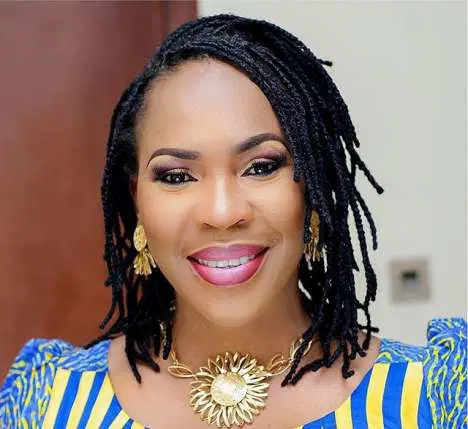Nigerian actress and filmmaker Faithia Williams has addressed the backlash surrounding her upcoming film, “Efunroye the Unicorn.” Critics have voiced concerns regarding the portrayal of certain cultural themes and characters in the film, particularly its depiction of Madam Efunroye Tinubu, a 19th-century slave trader and kingmaker.
In a recent Instagram post, Faithia clarified that the film is not intended as a promotional piece but rather a work of artistic interpretation and storytelling. She emphasized the film’s goal of celebrating Nigerian heritage and showcasing unique narratives.
Acknowledging the mixed reactions, Faithia urged viewers to approach the film with an open mind, highlighting its positive messages and cultural significance. She also clarified that the movie is not a biopic but a fictionalized account inspired by Madam Tinubu’s life.
Faithia expressed gratitude for the overwhelming support she received, stating, “With over six million views on my post, I do not take your support for granted—your interest and feedback are truly appreciated.” She further addressed misconceptions surrounding the project, saying,
“Firstly, ‘Efunroye: The Unicorn’ is not a promotional piece intended to glorify or whitewash a divisive historical figure like Madam Efunroye Tinubu, nor does it carry any political intent or affiliation. This film is purely a work of artistic interpretation and storytelling. My goal as a filmmaker is to bring Nigerian stories to life on screen, and this is no exception.”
She continued, “The movie is an attempt to present Madam Tinubu’s life in a balanced and nuanced way, showcasing her triumphs, challenges, and the complex legacy she left behind. It is not an effort to reshape or glorify the historical narrative. Like all historical figures, Madam Tinubu’s story is layered, and this film aims to capture both her strengths and controversies.”
Faithia concluded by reaffirming that “Efunroye: The Unicorn” is a creative expression meant to entertain, educate, and spark thoughtful conversations. “It is not a documentary or a political statement. As with any artistic work, it draws from history but also takes creative liberties to make the story more engaging for modern audiences. I believe that through this film, we can explore important parts of our history, but it is important to understand that it remains a work of fiction inspired by real events.”
She also noted that the movie is still in its developmental stage and remains “dedicated to ensuring that this story is told in the most authentic and impactful way possible.”

